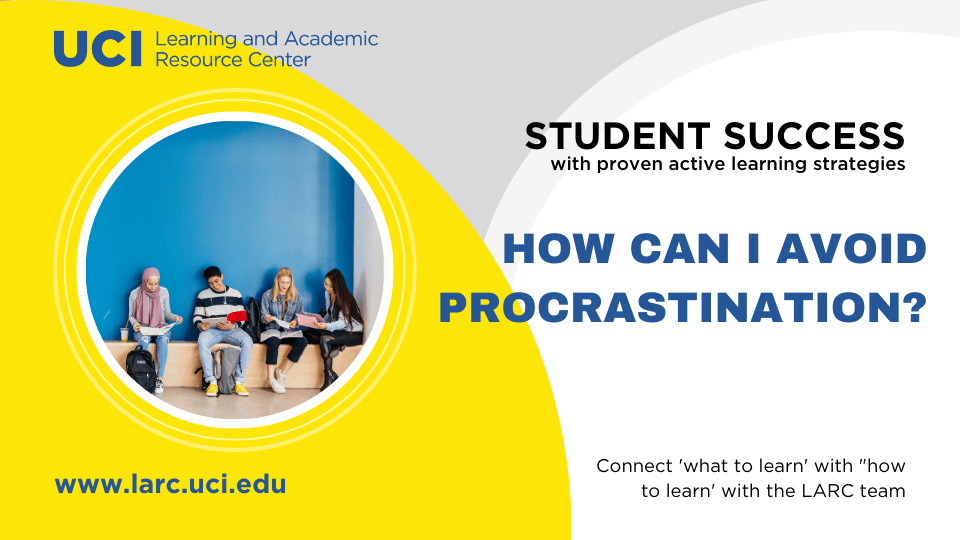Mastering Strategies to Overcome Procrastination, Emotional Dependency, and the Impostor Syndrome
Mastering Strategies to Overcome Procrastination, Emotional Dependency, and the Impostor Syndrome
Blog Article
Have you ever wondered why people procrastinate? Psychological research provides valuable explanations into these behaviors, helping us understand their roots and possible solutions.
In this article, we will delve into the scientific foundations depencia emocional behind procrastination, emotional dependency, and impostor syndrome. By understanding the science behind these challenges, you can take actionable steps toward self-improvement.
What is Procrastination?
Procrastination is not just laziness; it’s a complex psychological phenomenon. Studies in neuroscience show that the battle between the limbic system and the prefrontal cortex often leads to procrastination.

The limbic system, which governs emotions and immediate gratification, tends to override the prefrontal cortex. This results in delaying tasks over long-term goals. Cognitive behavioral therapy (CBT) can help rewire these patterns.
The Psychology of Emotional Dependency
Emotional dependency is deeply tied to attachment theory. According to research that early relationships with caregivers play a significant role in shaping dependency behaviors.
For example, people with insecure attachment styles may struggle to feel secure without constant validation. To overcome emotional dependency involves addressing these attachment wounds through therapeutic interventions.
The Cognitive Science of Impostor Syndrome
Impostor syndrome stems from biased mental patterns, such as unrealistic self-expectations. Studies in cognitive science indicate that individuals with impostor syndrome often engage in negative self-talk.

The constant fear of inadequacy and difficulty in accepting success. Strategies like cognitive reframing and adopting self-compassion practices have proven effective.
How to Overcome These Challenges Using Research-Based Strategies
Understanding the science is the first step, but actionable strategies are necessary to create change. Here are key research-supported techniques:
- Procrastination: Use implementation intentions—specific plans that link a goal to a cue, such as “If it’s 9 AM, I will start writing my report.”
- Emotional Dependency: Practice self-differentiation, a technique where you focus on identifying your own needs separate from others’ expectations.
- Impostor Syndrome: Keep a success journal to document your accomplishments and review them regularly to challenge distorted self-perceptions.
These approaches have been validated through extensive research, making them reliable tools for personal development.
Why Understanding the Science Matters
Procrastination, emotional dependency, and impostor syndrome can be managed effectively when you understand their scientific underpinnings. With evidence-based tools and self-awareness, you can overcome these barriers.
Awareness is the key to growth. Begin today by using the research-backed techniques shared in this article to unlock your potential and thrive.
Report this page